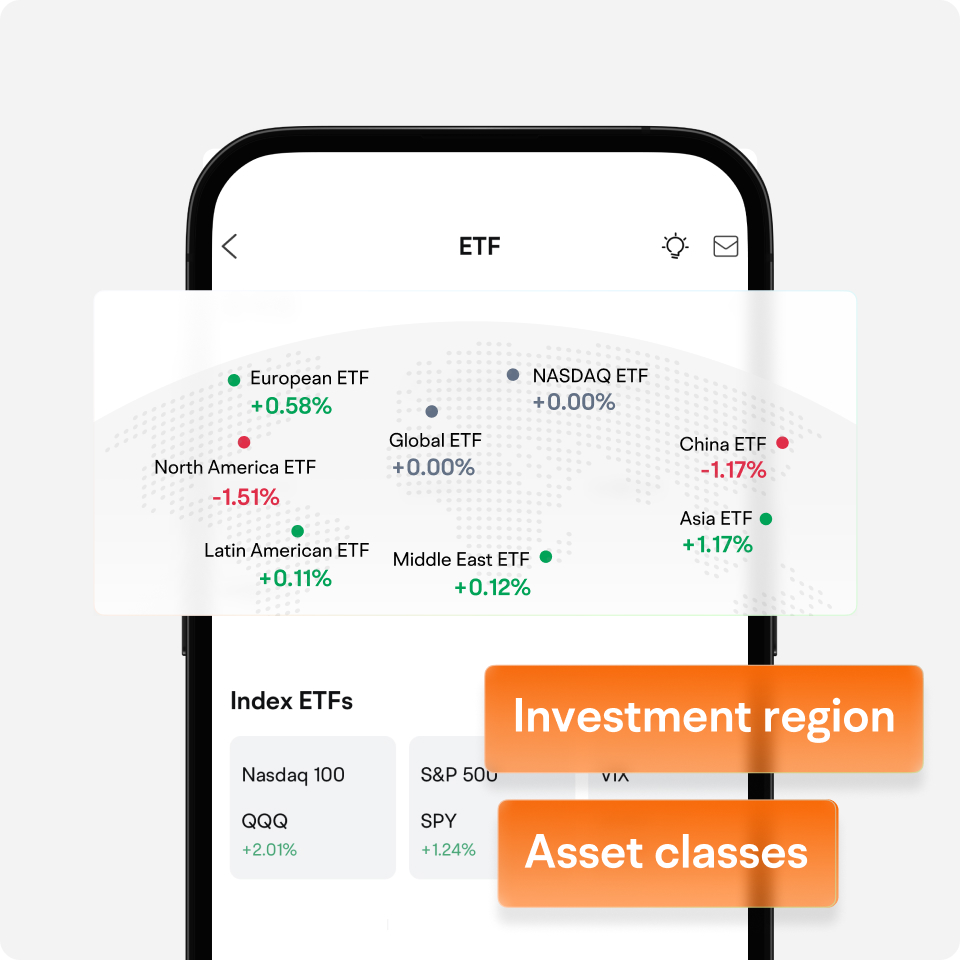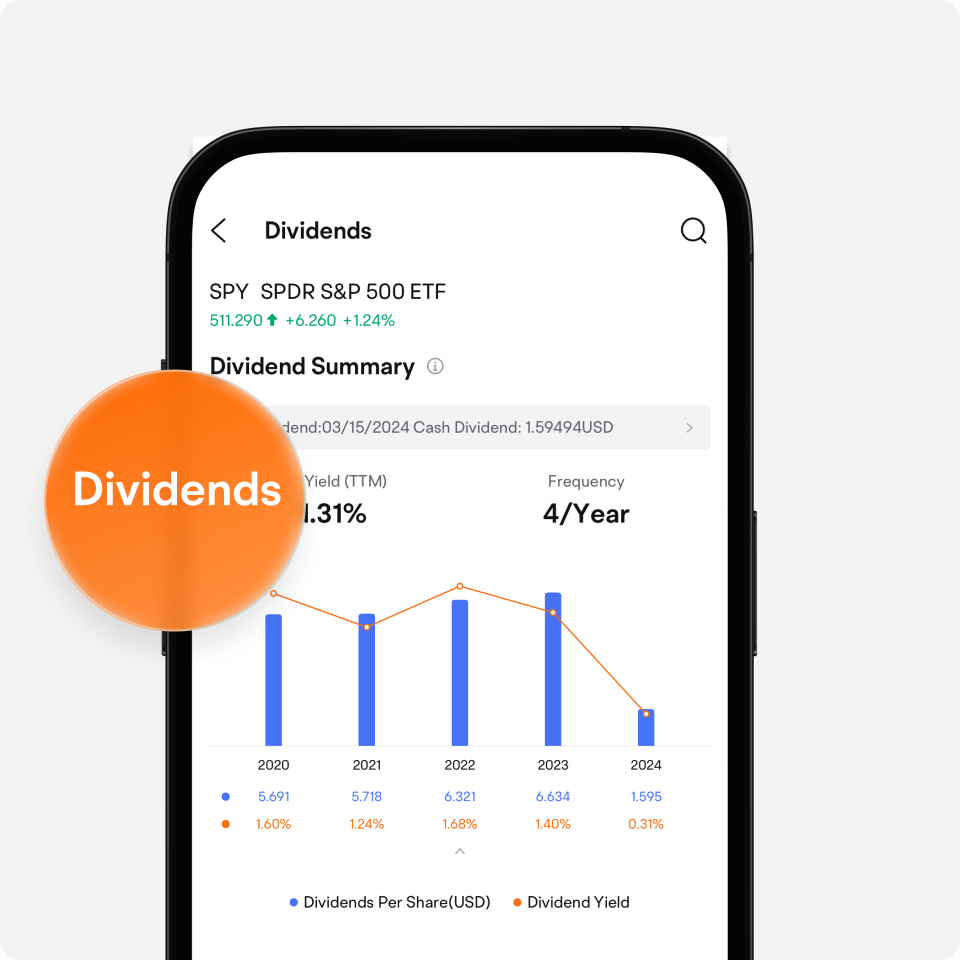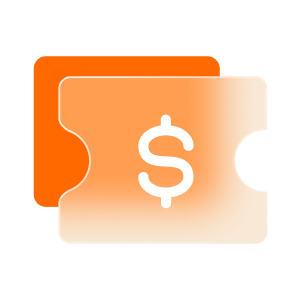Trade Hong Kong ETFs Commission-Free for Life




Spread out investments and minimize risk
Ride the market without picking stocks
Enjoy potential profits without continuous monitoring
Diversify your portfolio with abundant choices

Trade Hong Kong ETFs Commission-Free for Life




Spread out investments and minimize risk
Ride the market without picking stocks
Enjoy potential profits without continuous monitoring
Diversify your portfolio with abundant choices

Empower Your Portfolio with ETFs
Discover Your Desired ETFs
Customize your selection with regions, asset classes, and investment directions
Gain Clarity on Your Holdings
Access structured information on ETF portfolios and holdings
Stay Ahead of Market Trends
Gain insight into market sentiments and future developments with instant news and short sale data
Look Back at Dividend History
Maximize your investment gains with high-yield ETFs




A Wide Range of Investment Products
ETFs that aim to track particular stock indices and industries to achieve investment returns. Among all the types of ETFs, stock and index ETFs are the largest and most varied type of ETF available. Investors can invest in major indices such as S&P 500, NASDAQ, and Hang Seng Index.
*Top Gainers of Stock and Index ETFs (Ranked by Daily Gains)
Open an Account and Get Rewarded Today

*Offers are subject to terms and conditions.
The Largest Tech Broker in HK
NO.1
HK stock trading app by downloads
2053.4million
Total number of users
HK$466.2 billion
Total client assets
HK$4.79 trillion
Total annual trading volume
Data source*:
The data for total number of users and total client assets is sourced from Futu's Q2 2023 financial results, while the total annual trading volume data is from Futu's 2022 financial results. The download data is extracted from both Futubull and moomoo.
Safeguard Your Investment Journey

Client's funds is held separately from our own funds in custodian banks
Proprietary risk control system
Iterative computing and incremental development capabilities
Account Protection

Hong Kong Investor Compensation Fund (ICF)
A maximum compensation of HK$500,000
Funds Protection

Proprietary "Futu Panshi" information security system, obtained ISO27001 information security certification, comprehensively protecting accounts and privacy
Security and Privacy
Other Questions
What is an ETF?
ETF stands for Exchange Traded Fund, an investment product that trades on the Hong Kong Stock Exchange's spot market. It invests in a basket of securities or commodities to follow benchmark indices/commodity performances, allowing investors to invest in particular markets/investment portfolios instead of individual stocks. By investing in ETFs in the Hong Kong market, investors can bypass geographical barriers and investment channel restrictions, invest in different asset classes globally, achieve diversified investment portfolios, and benefit from cost-effectiveness.
Is there a management fee for investing in ETFs?
Yes, ETFs charge a management fee that is usually collected annually in the form of a total expense ratio (TER). Like other mutual funds, ETF management fees are calculated and accrued daily based on the ETF's net asset value (NAV) and are automatically deducted from the ETF's assets. Generally, ETFs have lower fees than mutual funds.
How are my orders processed if an ETF is delisted?
If an ETF is delisted, any unfulfilled subscription orders for the ETF will be cancelled and considered invalid. The funds deducted from the subscription (including subscription amount and fees) will be returned to your account within one trading day after the delisting.
Disclaimer
The pictures shown herein are for illustrative purposes only and do not constitute any investment advice. Displayed third-party logos, brands, or trademark images on screens or web pages are only for identification purposes and remain the property of their respective owners.
This page is not and should not be regarded as an offer, solicitation, invitation, or recommendation to buy or sell any investment products or the basis for investment decisions, nor should it be construed as professional advice. People who read this page or before making any investment decisions should fully understand the risks and the characteristics and consequences of relevant laws, taxes, and accounting, decide whether the investment is in accordance with their individual financial situations and investment goals and whether they can endure relevant risks based on their personal circumstances, and seek appropriate professional advice when necessary.